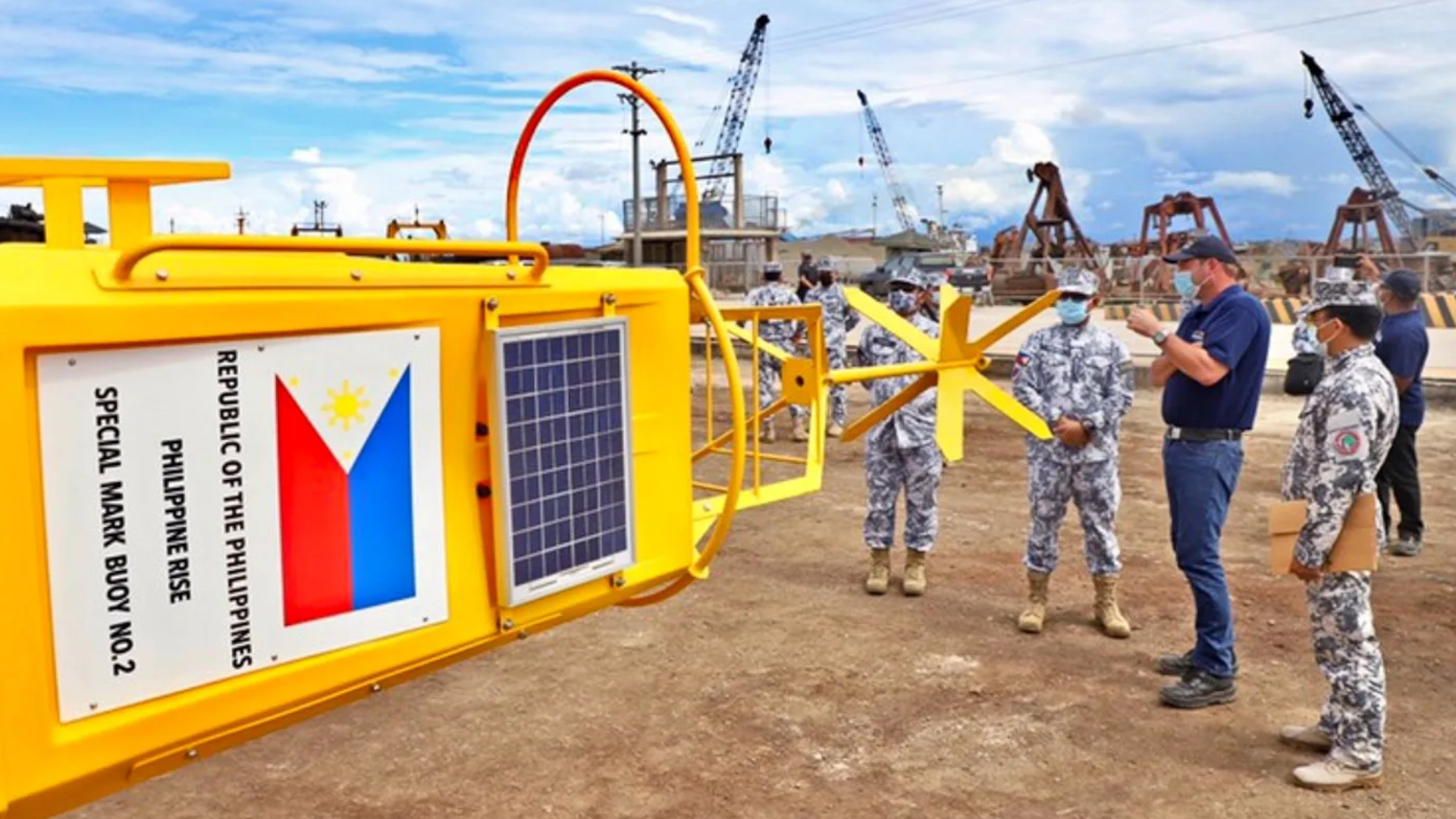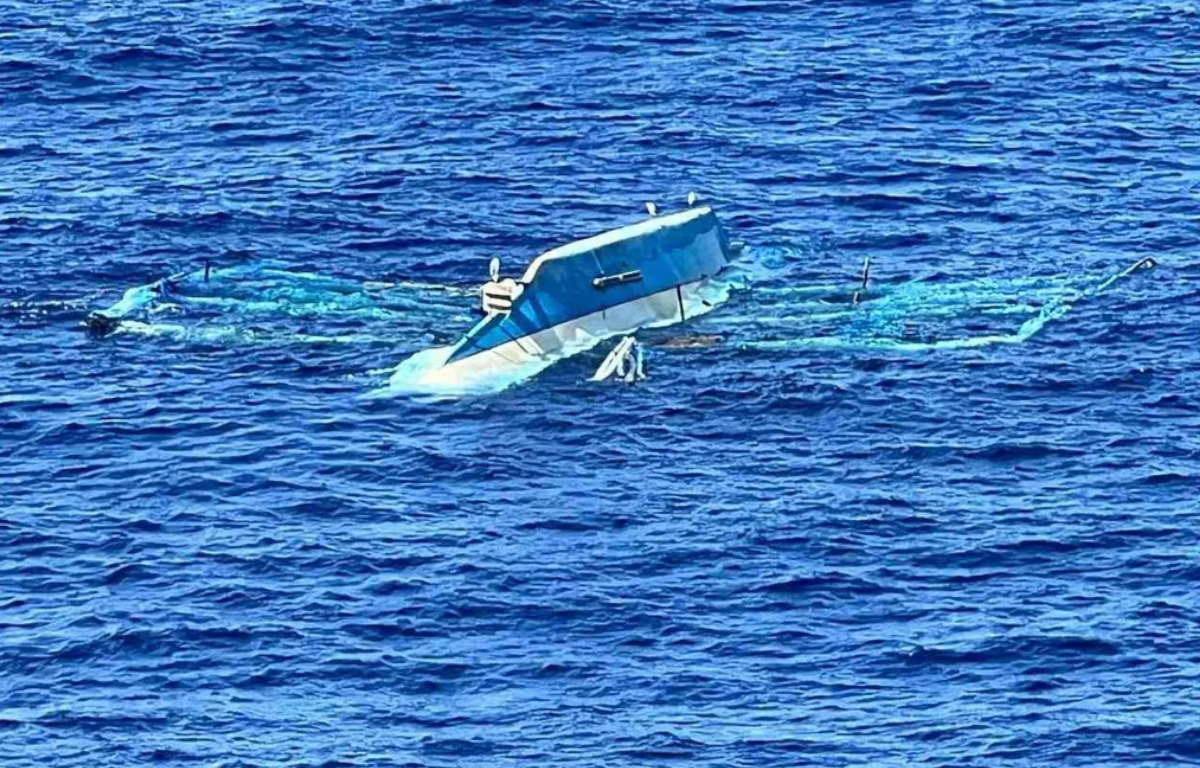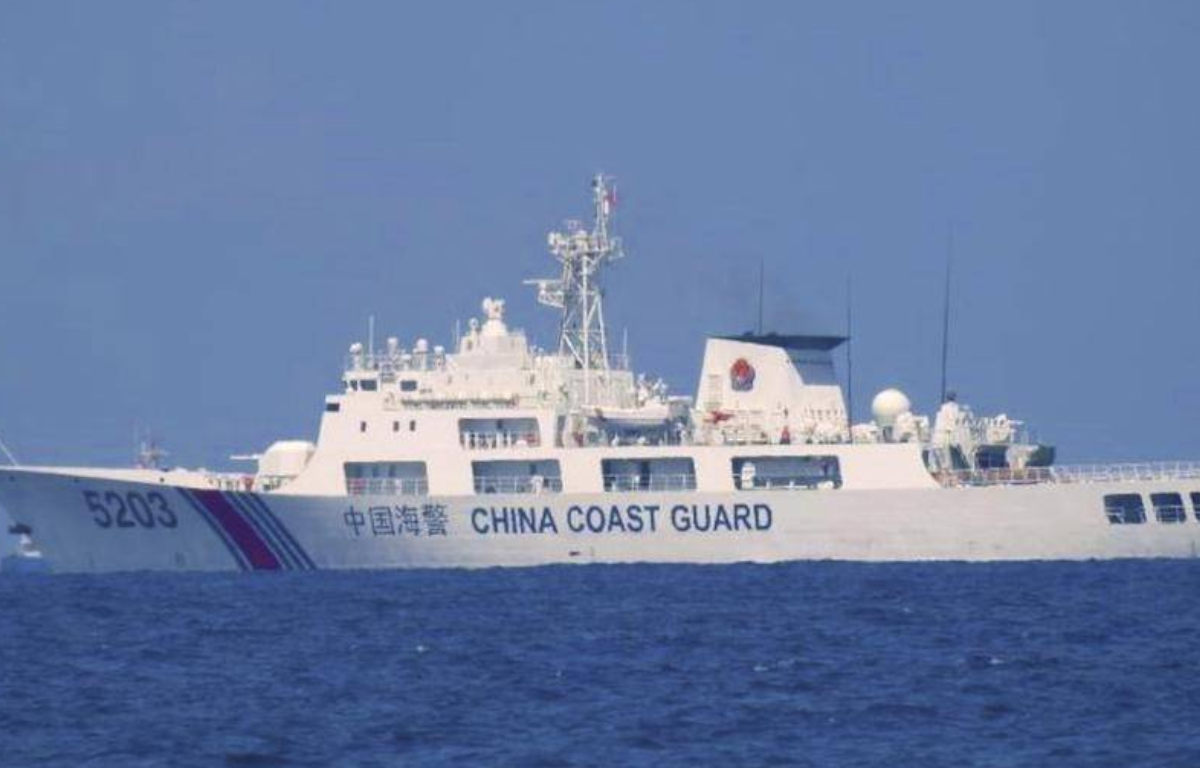
Pag-Asa, also known as Thitu Island, is a small fishing community in the Spratly archipelago of the South China Sea. The fisherfolk have relied on these waters for generations to sustain their families and livelihoods. However, their way of life is threatened by constant harassment from Chinese vessels. These incursions involve intimidating tactics such as chasing away Filipino fishing boats, confiscating their catch, and damaging their equipment. The continuous presence of Chinese vessels jeopardizes Philippine sovereignty and undermines the rightful claims of the Philippines within its exclusive economic zone (EEZ).
Chinese actions in the South China Sea raise concerns about violations of sovereignty and territorial integrity. Pag-Asa is part of the Kalayaan Island Group, falling within the Philippines’ EEZ as defined by international law. The encroachment of Chinese vessels challenges the Philippines’ legitimate claim and disrupts the marine resources that sustain local communities. Such violations not only result in economic losses but also create a sense of fear and uncertainty among the Pag-Asa fisherfolk.
The impact of Chinese harassment extends beyond immediate economic losses. It poses significant threats to the livelihoods of the Pag-Asa fisherfolk and disrupts the local economy, affecting families and communities dependent on the fishing industry. To address this issue, diplomatic efforts are crucial. The Philippine government, alongside other concerned nations, must engage in discussions to resolve disputes and assert rights within the frameworks of international law. Garnering international support and solidarity is also essential in highlighting the issue and exerting pressure on China to respect maritime laws.
Enhancing maritime security through increased patrols and surveillance in the region can serve as a deterrent to encroachments and safeguard the rights of Filipino fishermen. Furthermore, supporting the Pag-Asa fisherfolk with resources, training, and alternative livelihood opportunities can mitigate the impact of Chinese harassment. By empowering the community, they can achieve economic resilience and continue their way of life despite the challenges they face.
The struggles faced by the Pag-Asa fisherfolk underscore the broader battle for territorial sovereignty and fishing rights in the South China Sea. Upholding international law, diplomatic efforts, and advocating for the rights of these courageous fisherfolk are imperative steps toward achieving a more peaceful and equitable future in the region. By safeguarding Philippine sovereignty and protecting the ‘Pag-Asa fisherfolk’s rights, we can strive for regional stability and the fair distribution of marine resources.










Share this: